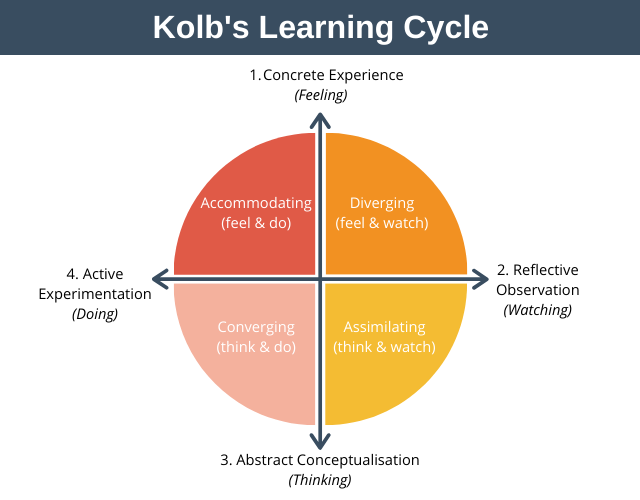Selecting a career is one of the most important decisions we make in our lives. It’s a choice that can shape our future, fulfillment, and overall happiness. However, with countless options and possibilities, finding the right career path can be overwhelming. In this article, we provide a comprehensive guide to help you navigate the process of choosing a career that aligns with your passions, interests, and goals.
Self-Reflection: The first step in choosing a career is self-reflection. Take the time to assess your strengths, skills, values, and interests. Consider what activities energize and motivate you. Reflect on your past experiences, both in academic and professional settings, and identify the tasks and projects that you enjoyed the most. Understanding yourself and your unique qualities will provide a solid foundation for exploring career options that suit you.
Research: Once you have a clearer sense of your preferences, start researching different career paths that align with your interests. Explore industries, job roles, and potential growth opportunities. Utilize online resources, professional networks, and informational interviews to gather insights into various professions. Look for the educational requirements, job prospects, and work-life balance associated with different careers. The more information you gather, the better equipped you’ll be to make an informed decision.
Skill Assessment: Assess your existing skills and identify any gaps that need to be filled to pursue your desired career. Determine whether additional education, certifications, or training programs are necessary to enhance your skill set. Consider engaging in internships, volunteer work, or part-time jobs to gain practical experience and further explore specific industries. Continuous skill development is essential in today’s rapidly evolving job market.
Seek Guidance: Seeking guidance from career counselors, mentors, or professionals in your desired field can provide valuable insights and advice. They can offer an outside perspective, share their own experiences, and guide you towards resources and opportunities. Engage in networking events, join professional associations, and connect with alumni networks to expand your support system and gain industry knowledge.
Trial and Exploration: Don’t be afraid to test the waters and gain firsthand experience in potential career paths. Consider job shadowing, internships, or part-time positions to get a sense of the day-to-day realities of different professions. This hands-on experience can help you determine whether a particular career is the right fit for you. Embrace the opportunity to learn, grow, and adapt as you explore different options.
Consider Work-Life Balance: When choosing a career, it’s important to consider your desired work-life balance. Reflect on your personal priorities, such as family, hobbies, and personal well-being. Some careers may demand long working hours, extensive travel, or high levels of stress. Assess whether the demands of a specific career align with your preferred lifestyle and overall well-being.
Embrace Growth and Flexibility: Remember that career paths are not always linear, and it’s okay to adapt and change direction along the way. Embrace growth opportunities, continuous learning, and professional development. The career landscape is evolving, and new opportunities may emerge in fields that didn’t exist before. Stay open-minded and be willing to embrace change as you navigate your career journey.
Choosing a career is a significant decision that requires careful consideration and self-reflection. By understanding your strengths, interests, and values, conducting thorough research, seeking guidance, gaining practical experience, and considering work-life balance, you can make an informed choice. Remember that career paths may evolve over time, and it’s essential to remain flexible and open to new opportunities.
It’s important to remember that choosing a career is not a one-time decision. As you gain experience and evolve as an individual, your interests and goals may change. Embrace lifelong learning and continuous self-assessment to ensure that your career aligns with your evolving passions and aspirations.
Lastly, don’t be afraid to take risks and step outside of your comfort zone. Some of the most rewarding careers come from pursuing unconventional paths and following your true calling. Trust your instincts and have confidence in your abilities.
In conclusion, choosing a career is a journey of self-discovery and exploration. Take the time to understand yourself, research different options, seek guidance, and gain practical experience. Remember to prioritize your work-life balance and remain open to new opportunities. With dedication, perseverance, and a commitment to personal growth, you can find a career that not only pays the bills but also brings you joy, purpose, and long-term satisfaction. Good luck on your career exploration!




